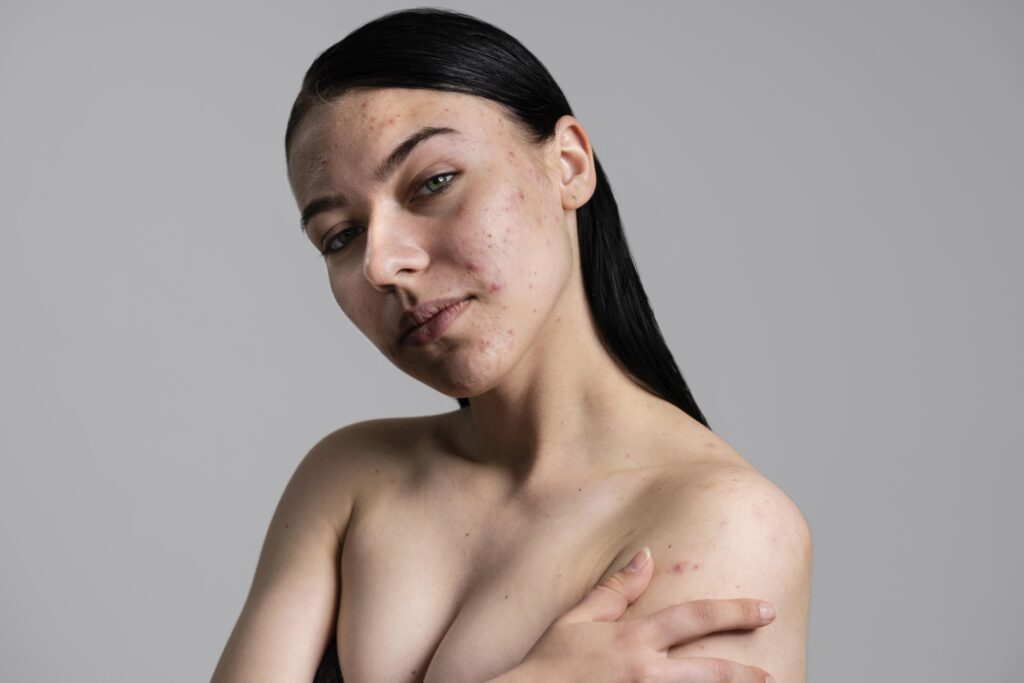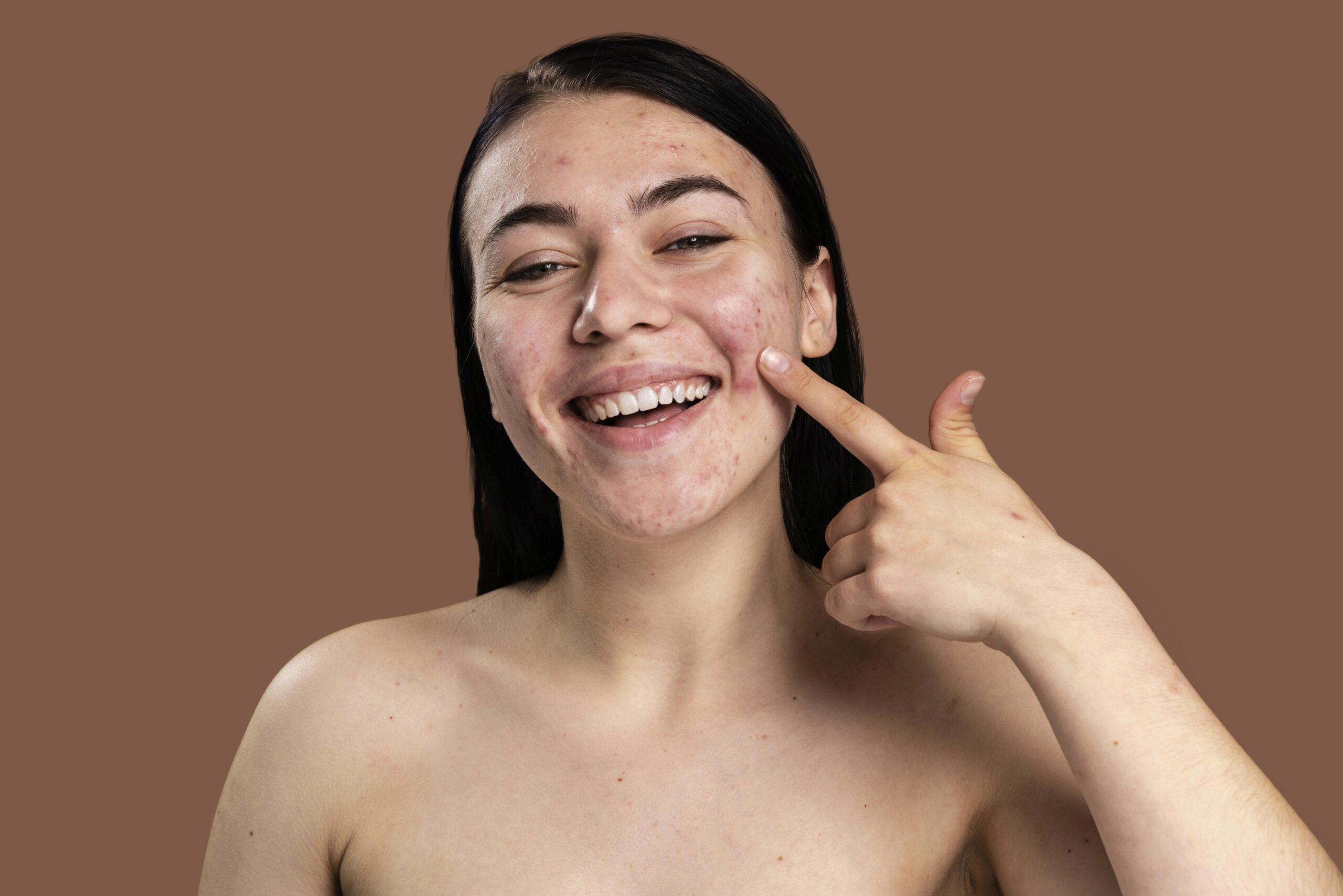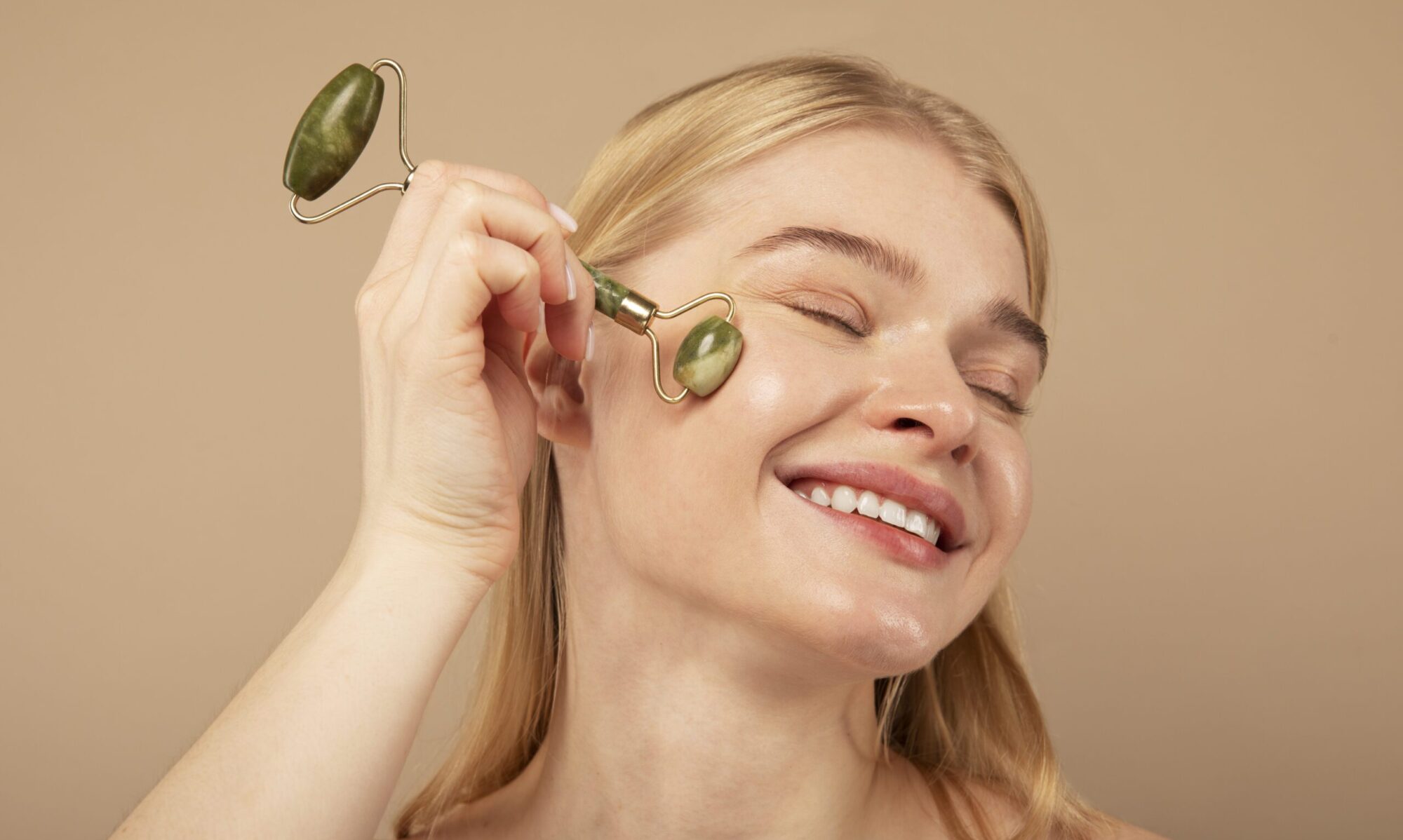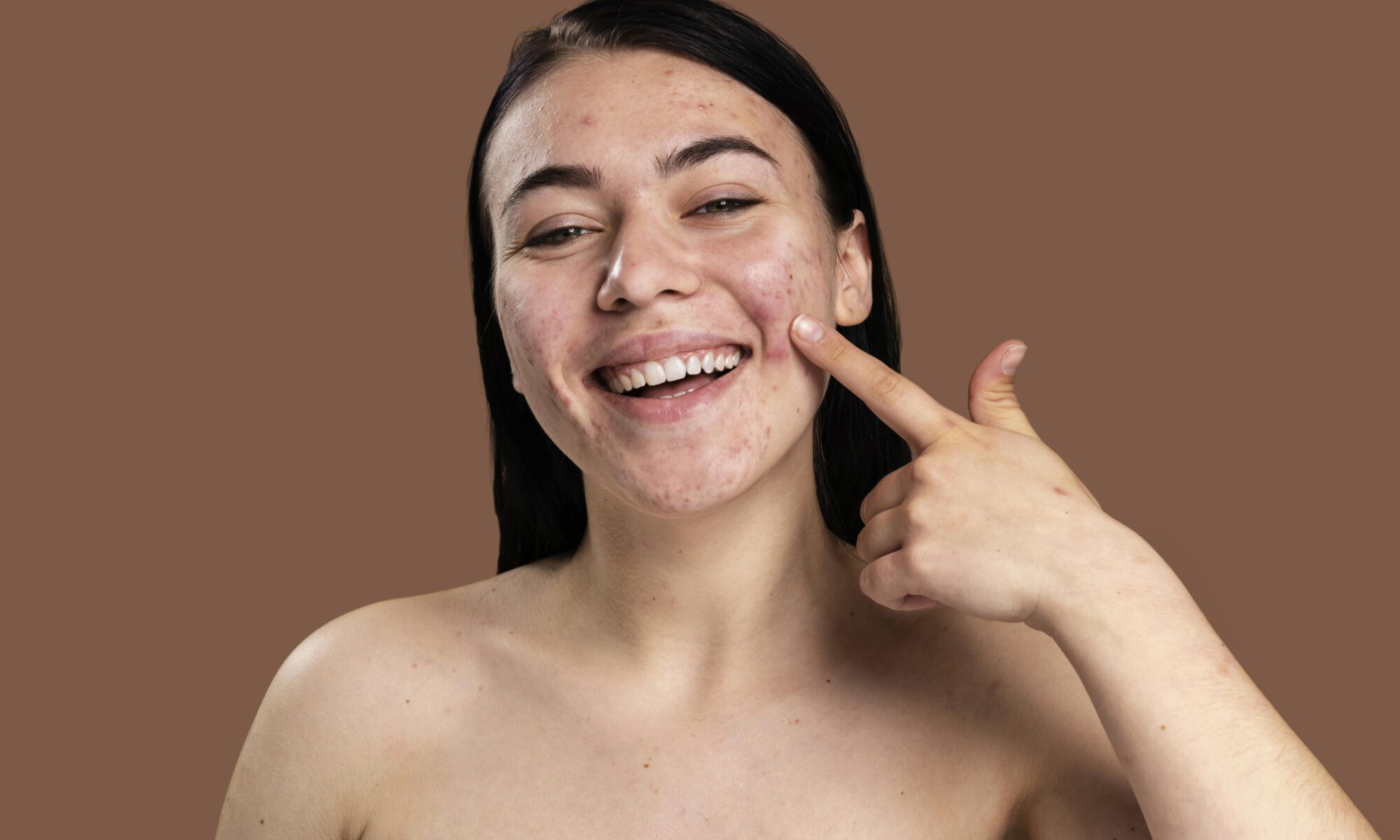Cystic acne is more than a pimple, in many cases, it is a stubborn, painful skin condition that requires our attention. People surviving through this feels like a continuous battle. In this article we will understand more about cystic acne, its symptoms and cause along with the best treatment options and effective home remedies of acne.
Understanding Cystic Acne
Cystic acne is an acute form of acne. Blocked pores in our skin cause this, which leads to infection and deep skin inflammation. It is nothing like regular acne because it contains larger lumps filled with pus which could be more painful than regular acne. It could remain for more than a week or even for months. If we do not treat it properly within time this could leave scars on our skin.
Symptoms of Cystic Acne
You would be experiencing the following revealing signs in times of facing cystic acne.
- Large, red and swollen pus-filled cysts
- Painful bumps that develop deep underneath the skin
- Nodules/small rounded up lump of pus that persist for a long time without healing
- Potential for scars even after the acne clears up

Causes of Cystic Acne
There could be multiple factors that could be a reason for Cystic acne.
- Hormonal changes: Fluctuations in hormones, particularly during puberty, pregnancy, or menstruation, can trigger cystic acne.
- Genetics: You are more prone to have cystic acne if you have a family history of severe acne.
- Diet: Certain foods, such as dairy or sugary products, can aggravate acne.
- Stress: High or increased stress levels lead to more oil production, resulting in acne outburst.
Medical Treatments for Cystic Acne
Topical Treatments
Up-to-date treatments are effective in reducing mild to moderate acne.
Retinoids
It helps to unclog pores and promotes skin cell change, because retinoids are vitamin A byproducts.
Benzoyl Peroxide
This contains an ingredient known as antimicrobial that kills acne-causing bacteria and helps reduce inflammation.
Oral Medications
If it gets severe, dermatologists usually suggest oral medication to deal with cystic acne from within.
Antibiotics
Oral antibiotics often used with topical treatments. It can help to reduce inflammation and the bacteria that causes acne.
Isotretinoin (Accutane)
In the most severe case of cystic acne, Isotretinoin is revealed. It has a far reaching effect in oil production. Be cautious with this medication, it comes with potential side effects and needs medical observation.
Home Remedies for Cystic Acne
Proper Skincare Routine
Gentle Cleansing
Cleaning our skin twice a day using a gentle, non-drying cleanser is necessary for us to keep our skin clean, fresh and avoiding clogged pores.
Non-comedogenic Products
Pick “non-comedogenic” skincare and makeup products to hinder pore blockage.
Natural Remedies
Tea Tree Oil
It has anti-inflammatory and antimicrobial properties due to which it reduces cystic acne signs. We are supposed to apply a diluted form directly to the affected part.
Honey and Turmeric Mask
A skin can be soothe and redness can be reduced with the usage of a mask made of these two ingredients. Honey has natural antibodies while turmeric has anti-inflammatory properties.
Apple Cider Vinegar
Apple cider vinegar helps us to balance pH of the skin because of its praisable antibacterial qualities. Use it as a toner by mixing it with water.
Dietary and Lifestyle Adjustments
Healthy Diet
Eating a balanced diet including fruits, vegetables, meat and whole grains may help to lessen acne sudden outbursts. Avoid taking food rich with sugar and refined carbs because it contains high-glycemic.
Hydration
Drink plenty of water to keep your skin fresh and hydrated. It will help to flush out toxins that could be a reason to contribute to this.
Stress Management
Stress managing techniques such as meditation, exercises or hobbies are also beneficial for our skin, because stress is another factor contributing to acne.
When to Avoid Home Remedies
Despite the fact that home remedies are helpful, if it irritates your skin or does not benefit your cystic acne or worsen it, then avoid or stop home remedies. You are supposed to seek professional help here.
Preventing Cystic Acne
Daily Habits for Prevention
Keeping your face clean and hydrated, washing your face regularly, avoiding touching your face, and not using non-comedogenic skincare products are some of the key factors that protect your skin against cystic acne.
Importance of Consulting a Dermatologist Early
If you are noticing early symptoms of acne, consulting your dermatologist is highly recommended. Professional help would lead to an appropriate treatment and suited prescription for treating and preventing long-term scarring.
Conclusion
It would be disturbing to have acne, especially for a long period of time. But with the blend of professional help and home remedies, we can manage it effectively.
Reminder: consistency is the key. Whether it is a topical cream you are applying or a new skincare routine you are adjusting to.
Treatment could vary, depending on the severity and type of treatment used. Usually it could take several weeks to months.
It might vanish on its own in some cases. But professional treatment is recommended as it could persist and leave scars if left untreated.
Food that is high in refined carbs, dairy products and sugary snacks have been reported to link to it.
Home remedies could benefit mild acne, but medical treatments and professional help is required for treating cystic acne.
Daily skincare, healthy lifestyle and stress managing techniques are the main keys to prohibit acne. Professional advice would also be suggested.



